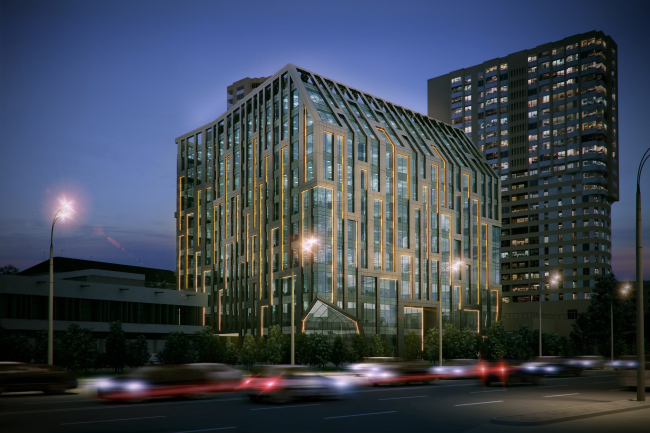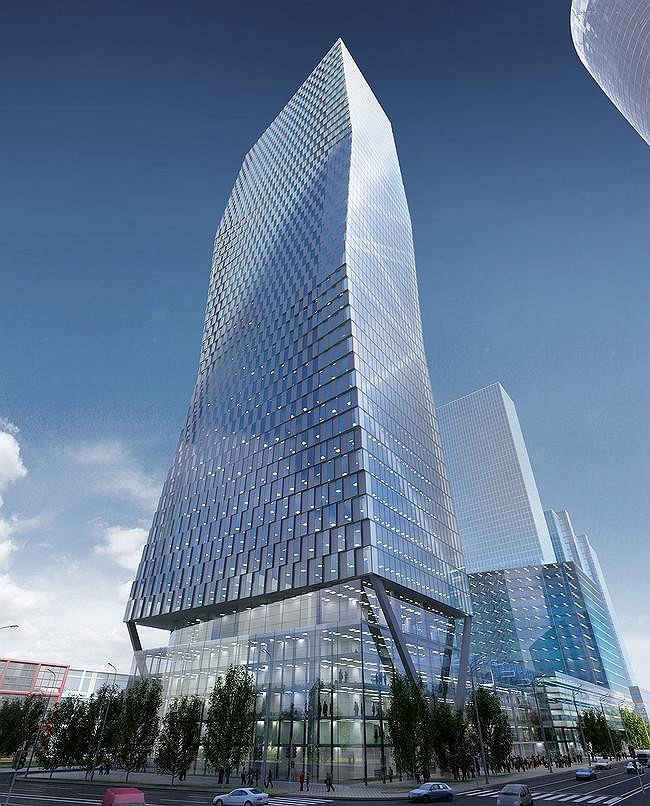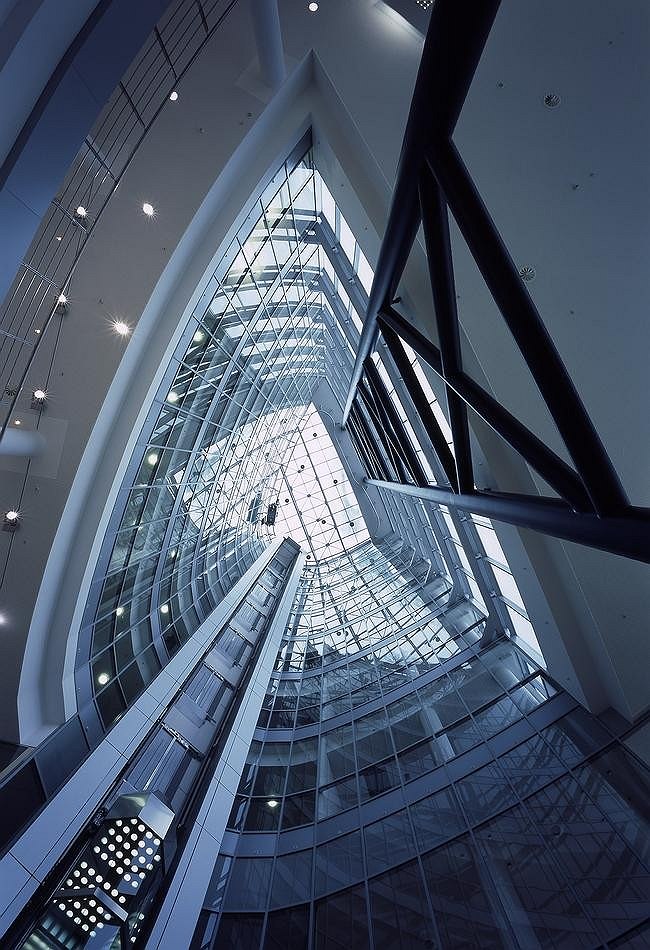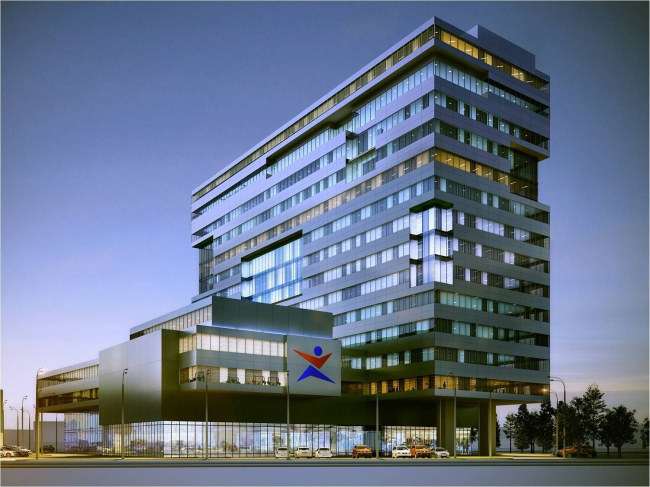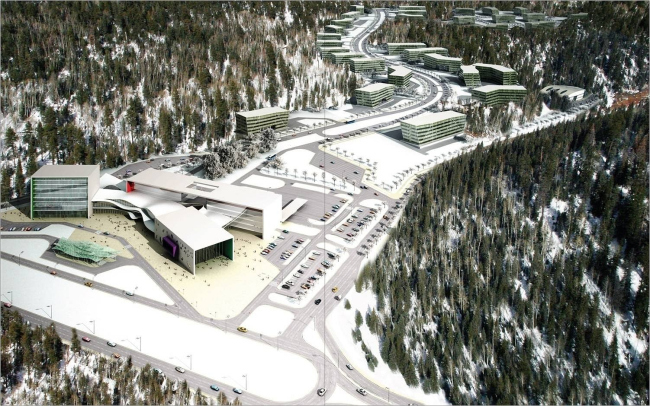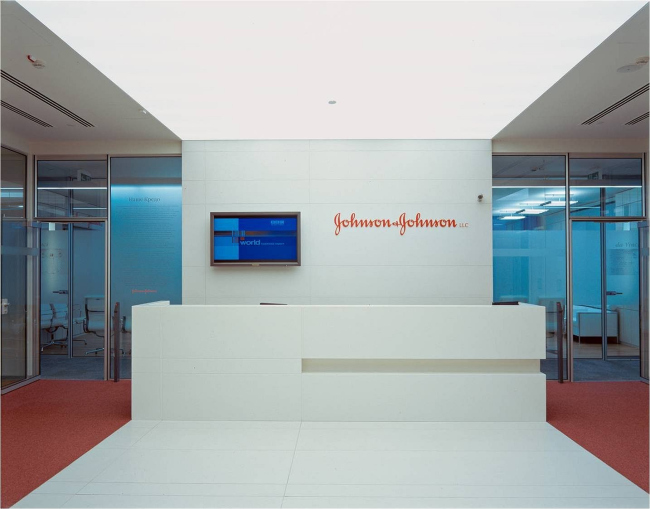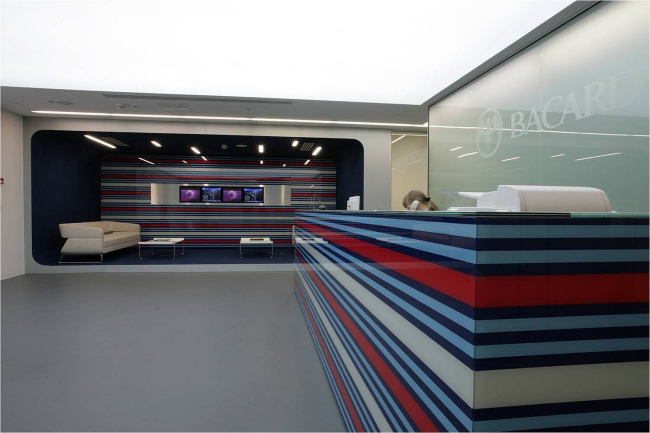|
Published on Archi.ru (https://archi.ru) |
|
| 27.06.2011 | |
|
ABD Architects: our city needs office buildings - but in reasonable quantities. |
|
|
Anna Martovitskaya |
|
| Architect: | |
| Boris Levyant | |
| Studio: | |
| ABD architects | |
|
Today, our guests are Boris Levyant and Sergei Kryuchkov, leaders of the architectural office “ABD Architects” celebrating this year its 20th anniversary. Archi.ru: Offices have always made up the lion’s share of all ABD Architects projects. How is the company getting along now that the city has in fact made the decision to cease the construction of new office buildings? Boris Levyant: Today, the market is dominated by competitive bids and tenders – over the last year we have taken part in a huge number of competitive bids, winning some and losing some. Sometimes it turned out that even though some other company would win the bid, after a while the commissioner would call us up and said that they wanted to work ABD Architects. This being said, I would like to mention that today’s bids are held in terms of the original sketches, the ideas per se. In fact, the architects get the technical requirements, and their assignment is to come up with the sketch and the approximate price figure as soon as humanly possible. Back in the day nobody would have agreed to work on such terms but the crisis turned everything upside down. Regretfully, most of the time this leads to interesting layouts being shamelessly plagiarized: the commissioner takes the rough draft that he likes best and gives it over to the architect that names the lowest price. Sergey Kryuchkov: Generally speaking, there is a tangible tendency in the fact the tenders are starting to dominate the architectural market. The commissioners are evidently testing the market organizing competitive bids whenever possible. Archi.ru: Does this have to do with the fact that the new “rules of the play” in our city have not been formed yet? Boris Levyant: We cannot blame the developers: they got their sites at astronomical prices, and now this fact alone neutralizes most of their efforts - even breaking even is hard sometimes. This is why all they can do to minimize their business risks is estimate the potential of the future development, depending, most of the time, on the architect’s experience and intuition in the matters of dealing with the city, and to try to sell this project once they get the tangible figures. Ultimately, the real construction is not even planned as such, and this is why the design work becomes more and more unrealistic and loses all touch with reality. As far as the office construction ban is concerned, I am not its biggest advocate in the world, to say the least. There is a desperate want for offices premises; one can see this with the naked eye: the renting and leasing prices already equal the pre-crisis ones. And this total ban will only make the situation worse. It is quite another thing if during the planning of any given site, the developers put a lot of thought into what specific offices will be built here, and how many. If you don’t try to squeeze one hundred thousand square meters of office premises into your construction site but limit yourself with fifty or even twenty, making the urban development feasibility a priority, then building offices is something that may and should be done. Archi.ru: Are you planning to formulate your company’s most challenging issues and try to address them at your 20th anniversary exhibition that is going to take place in Moscow this September?Sergey Kryuchkov: We will manifest our attitude indirectly, via the projects that we designed, developed and implemented over all these years.For the record, ABD Architects has never been a non-conformist company. Quite the contrary, we have always been working with people that try to understand the reality around them and make the best of what they’ve got as effectively and as efficiently as possible. In a sense, we are, of course, opposed to the architectural mainstream and the establishment that it serves, but this is the opposition that goes side by side with the business that also suffers from the system. 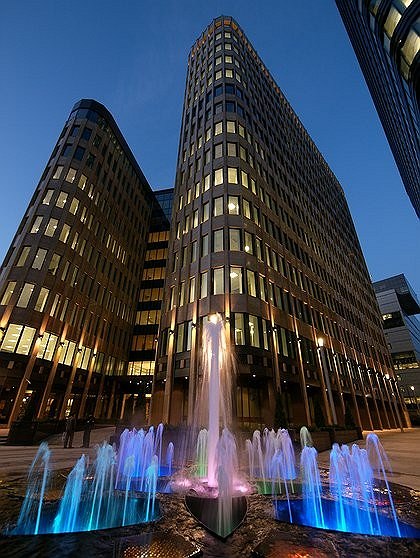 NoneNone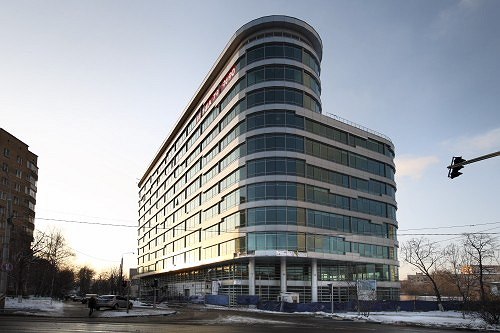 None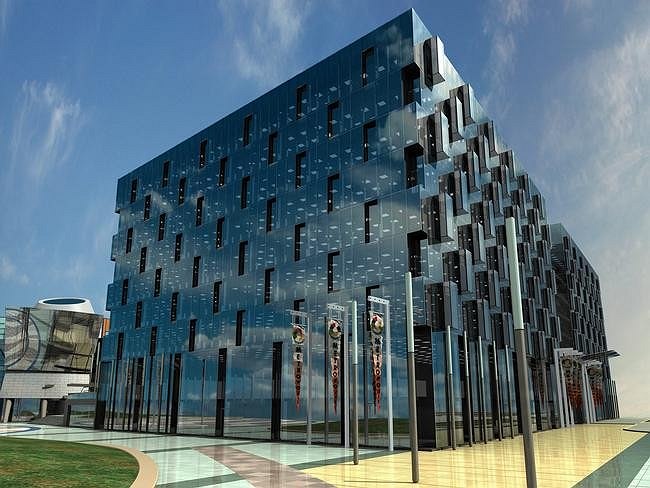 None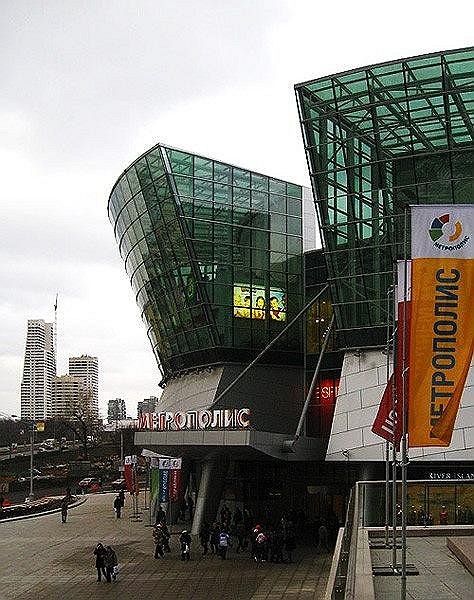 None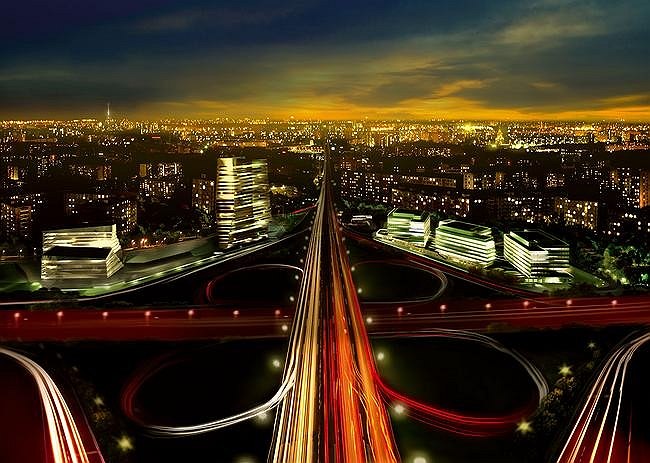 None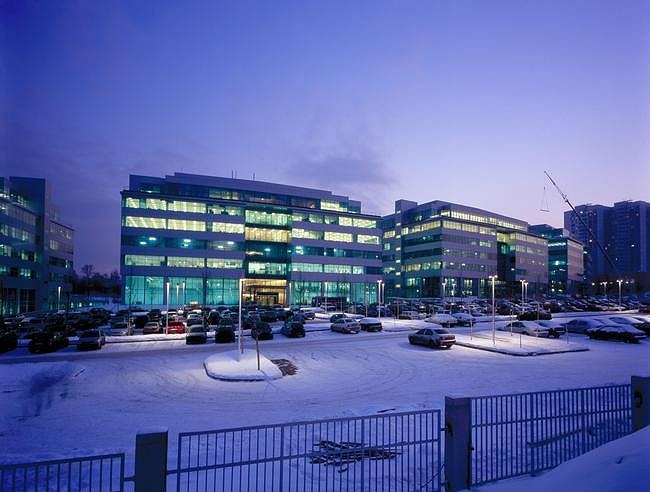 NoneNoneNoneNoneNoneNoneNone |
|
